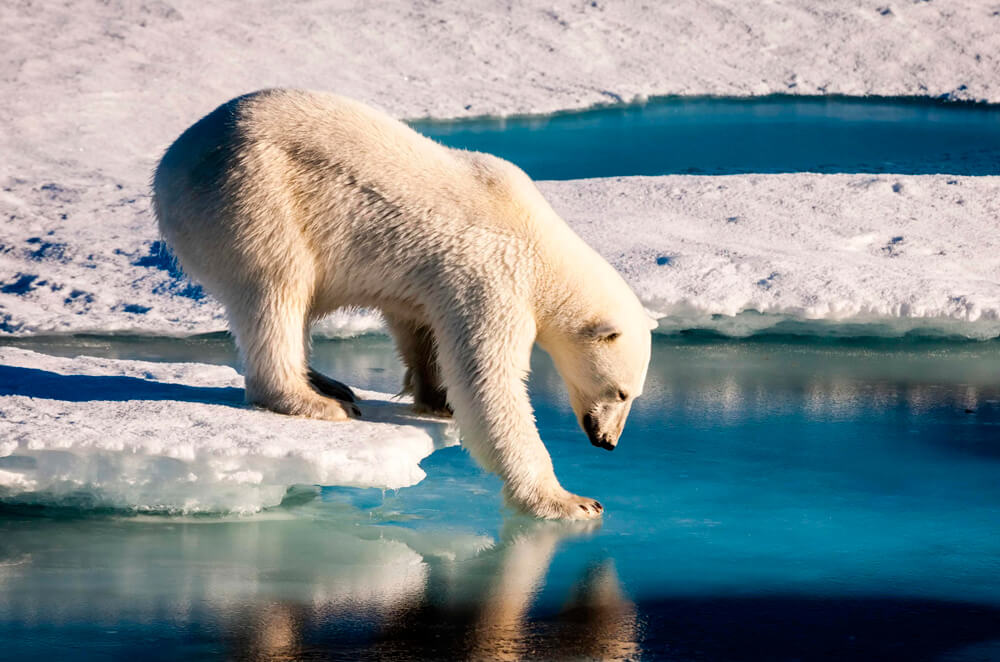
Oceans and Climatic Change: a destructive relationship
Fecha: 17/10/2022
The ocean covers over 70% of the planet and produces at least 50% of the planet’s oxygen. Aside from being a main source of food and livelihood for over a billion people, and hosting most of earth’s biodiversity, the ocean also plays another role essential to life on our planet: it helps mitigate the effects of climate change.
“Oceans are the largest heat sink on the planet. They absorb 90% of the excess heat caused by climate change,” explains Charlotte De Fontaubert, Global Lead for the Blue Economy at the World Bank.
And even though we are more used to hearing this about forests, the fact is oceans are even more efficient than trees as carbon sinks; according to biogeochemist Ken Buesseler, the ocean stores 20 times more carbon than land plants and soil combined.
“Some of the impacts we’re experiencing [during] the climate crisis would be much worse if it weren’t for the ocean as it normally operates,” Buesseler told PBS. In all, oceans absorb 23% of human-caused CO2 emissions.
But this super efficient performance of the oceans won’t continue for much longer; their role as buffers of climate change is taking its toll. “The impacts of climate change on oceans are myriad, complex, and interrelated,” says De Fontaubert. Some of them include higher water temperatures, sea levels rises and ocean acidification.
Ocean Warming
Recent data sets agree that ocean warming rates show a particularly strong increase in the past two decades, according to the World Meteorological Organization. This has catastrophic consequences like a sea level rise, coral bleaching and significant changes in ocean currents, which also affects the migration patterns of many marine species; this in turn has an impact on the coastal communities that depend on these species for food and work.
CO2 and Acidification
The more C02 the ocean absorbs, the more acidic it becomes. CO2 reacts with seawater, reducing its pH levels and increasing its acidity. And as its acidity increases, its capacity to absorb CO2 from the atmosphere declines. As with so many issues related to the climate crisis, it’s a vicious circle.
Ocean acidification also endangers thousands of organisms and ecosystems needed to maintain marine biodiversity and, therefore, ensure food security for millions of people.
Blue Carbon
When we talk about mitigating climate change, water isn’t the only star of the show. In fact, blue carbon ecosystems are indispensable in this environmental battle.
Blue carbon is the carbon stored in coastal and marine ecosystems, like mangroves, tidal marshes and seagrasses. All of these ecosystems sequester and store large quantities of blue carbon in both the plants and the sediment below. Therefore, coastal ecosystems are now recognized for their role in mitigating climate change. But, as is the case with forests, if degraded or destroyed, these ecosystems emit the carbon they have stored for centuries into the atmosphere and oceans and become sources of greenhouse gasses.
